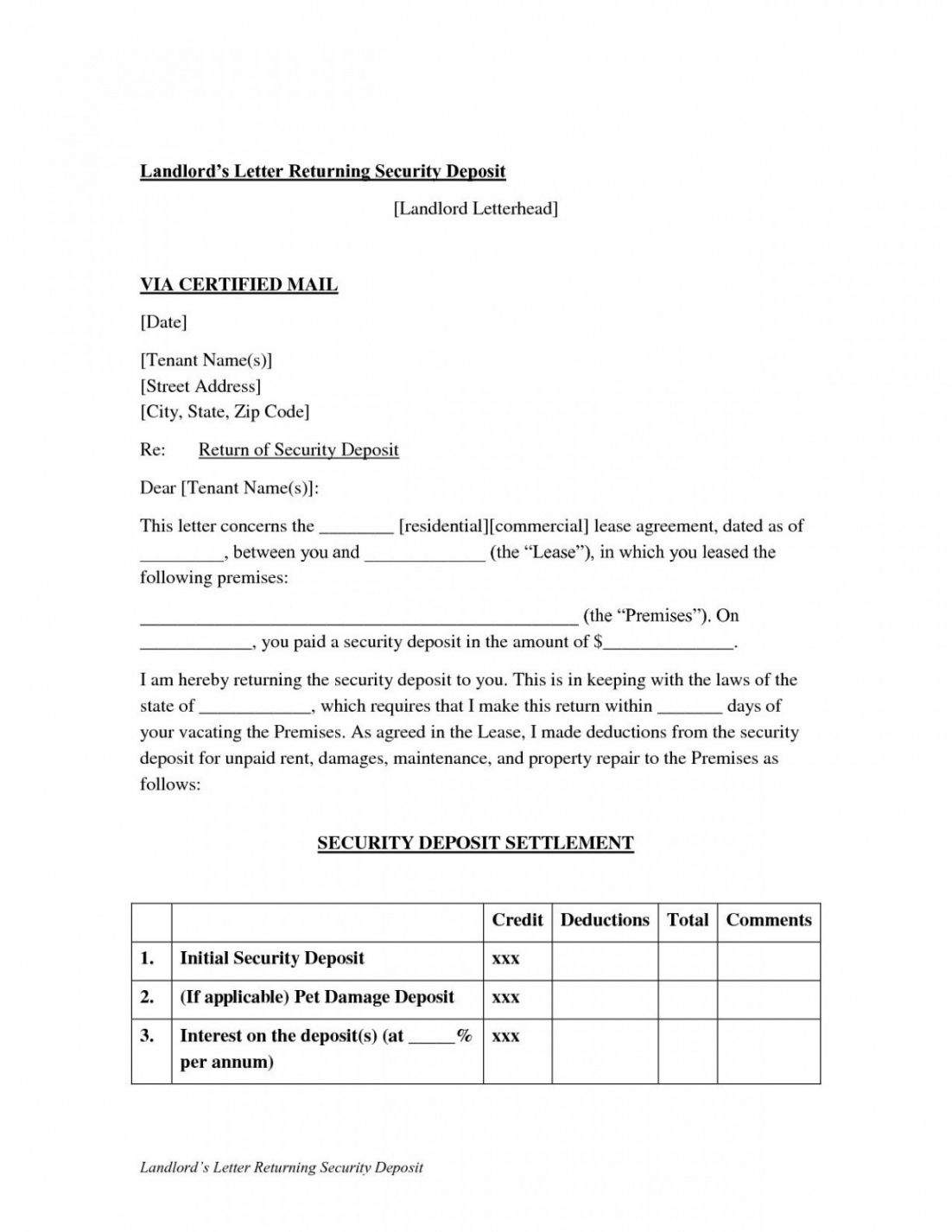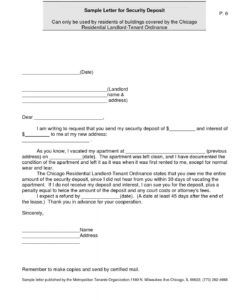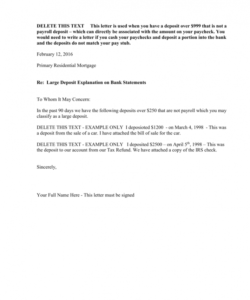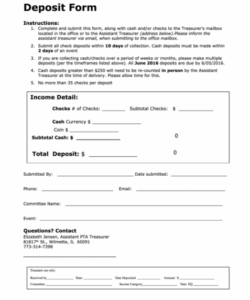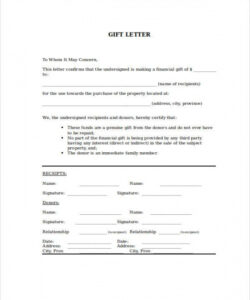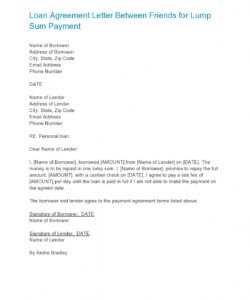Letter of explanation for deposit template, A lot of money management courses and specialists admit that savings are a significant beginning point towards owning a secondary earnings. Savings in this regard point towards the money that’s saved each time someone gets any form of money be it salary, presents or tax refunds. The savings you produce during a long time period or even a shorter one could prove to be as vital as having another stream of revenue. These savings always help you especially in meeting unexpected expenses and realizing potential goals.
It is common to find people disinterested in Certificates of Deposits or CDs. Many individuals don’t realize that there’re several investment options which fall between the range of savings account and stock industry. Such options often offer guaranteed returns on investment and also don’t need a large capital for investment. Certificates of Deposits are among these investments. Certificates of deposit are savings deposit accounts of particular type in which a promissory note is issued by the lender. Technically they are not investment accounts, but still they provide interest rates higher than the normal savings accounts. It is going to be better to call these notes”timed deposits” that come with the restriction of not devoting the money before adulthood. Interest earned is returned into the certification holder upon maturity of CD. Interest may be compounded daily, monthly or yearly depending on the kind of CD that you pick.
A landlord has 28 days to enroll a deposit with a custodial or insurance type scheme. Info regarding the registration of this deposit must be provided to the tenant. Under the Housing Act there is a prescribed format for information to be provided. The landlord could be taken to court by the tenant in which the information has not been supplied in the correct format. Tenants have the right to go back six years prior to taking action against the landlord.
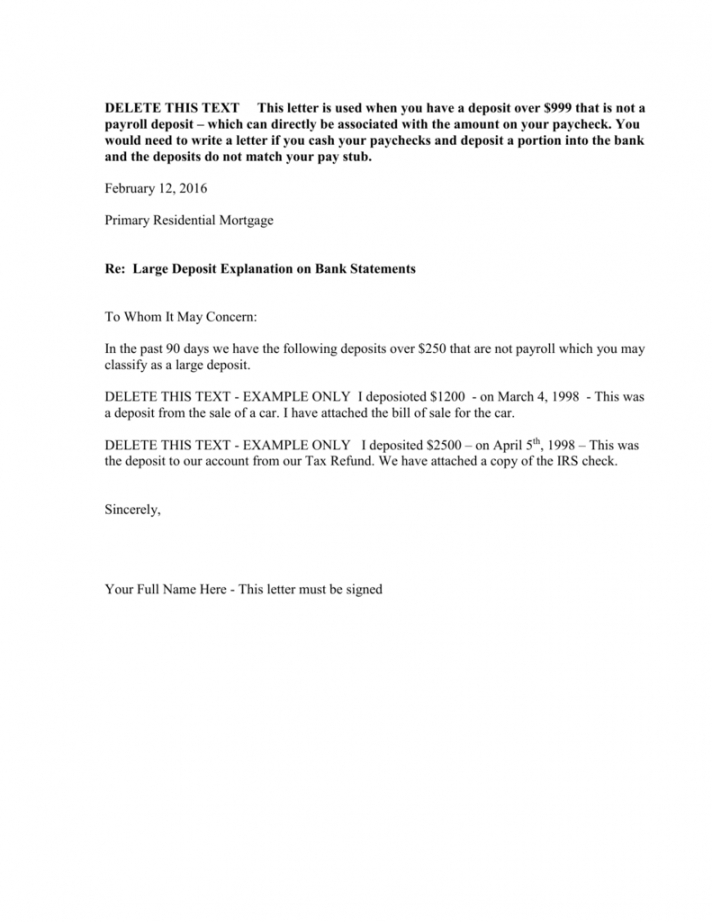
Where the landlord fails to register the bond you will find penalties. The landlord can have to cover the tenant a sum three times greater than the deposit; or they may be required to pay back all rent and a punishment or the landlord may lose the right to evict the tenant in the home the decision on the fee is accepted by the court. Some landlords say they don’t take deposits that they only ask the tenant to pay two months rent beforehand. If the tenant pays rent monthly and the landlord always has a float of one month’s lease this is just like taking a deposit and the principles concerning failure to enroll a deposit will apply.

